Developmental Coordination Disorder (Dyspraxia)
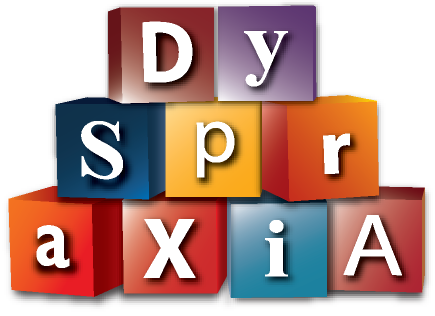
What is Developmental Coordination Disorder(DCD)/Dyspraxia?
According to the Diagnostical and Statistical Manual of Mental Disorders (5th Edition), Developmental Coordination Disorder (DCD) is a neurodevelopmental disorder that affects a person’s motor planning ability and daily living skills.
Informally known as “clumsy child syndrome,” DCD is often first recognized in early childhood and can often coexist with other commonly recognized disorders like ADHD, autism, and dyslexia.
While not classified as a learning disorder on its own, Developmental Coordination Disorder (DCD) is a lifelong condition that can interfere with an individual’s ability to learn as well as impact a person’s academic, social, emotional, and work-related functioning.
Developmental Coordination Disorder is often referred to as Dyspraxia. However, there is a fundamental difference between these two terms. According to Priscila Tamplain, Ph.D., a researcher, and professor in the Department of Kinesiology at the University of Texas at Arlington,
DCD is a formal and defined condition. Dyspraxia is not.
Dyspraxia is a term you may hear when your child struggles with certain skills in development. These skills can include movement and coordination. But they might also include trouble with organization, speech, memory, social and emotional skills, sensory processing and other skills.
Priscila Tamplain, Ph.D.
To learn more about the importance and benefits of utilizing proper terms please read my blog post.
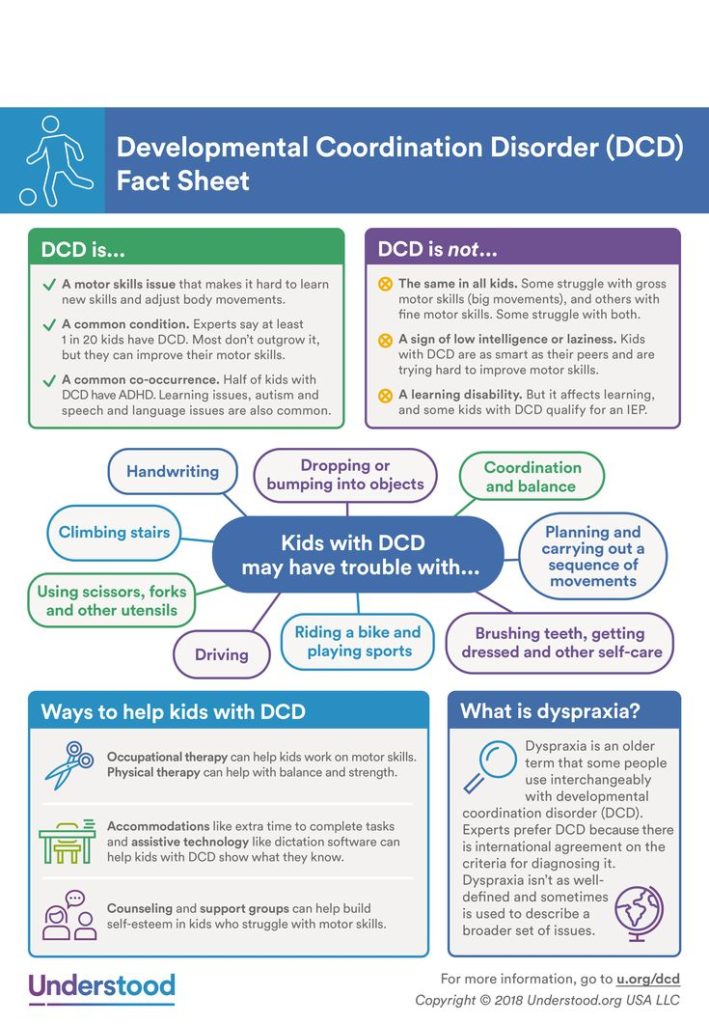
How Do I Know If My Child Has DCD?
While the information in this chart can provide some insight into the features of DCD/Dyspraxia, only trained professionals such as Occupational and Physical Therapists can assess a child’s developmental progress and motor difficulties. Furthermore, only a licensed medical doctor such as a pediatrician, psychiatrist, or family physician can officially diagnose DCD.
Assessment and diagnosis by trained professionals help rule out any other possible causes for coordination, speech, or motor delay issues, such as other neurological conditions affecting movement (i.e., cerebral palsy, muscular dystrophy), speech delays, intellectual disability, or visual impairment.
If you suspect your child may have DCD, start with a visit to your pediatrician or family practitioner to discuss your concerns and ask for community referrals. Most insurance companies require a referral from a physician in order to cover Occupational and Physical Therapy evaluations and services.
As the parent, you will be asked for background information and developmental history (milestones and benchmarks). Your child will be administered standardized assessment tools to help your clinician provide your family with a thorough and accurate evaluation. Your evaluator will assess your child’s movement skills (physical strength, balance, coordination, range of motion, visuomotor skills, graphomotor skills, motor planning, and fine motor control).
A few days to a few weeks after an evaluation, parents will be provided with a written report outlining the results and offer feedback on your child’s performance in relation to other children his or her age, as well as treatment recommendations.
A Useful Tool
How do you have your child evaluated if you suspect the possibility of DCD/Dyspraxia?
Search for an Occupational Therapist who specializes in children. Your insurance company can help provide you with a list of specialists in your area. Explain what areas of daily life you and your child are struggling with.
If you do not find a therapist and your child is 5 years or older, you could download the DCDQ, complete it, and take it to your General Physician or Pediatrician. He or she may be more knowledgeable of appropriate resources in your area and can refer your child for a complete motor assessment.
If your child is 3 or 4 years old, you may want to connect with your local children’s treatment center, hospital, or early intervention programs to see if the therapists working there have purchased a copy of the Little DCDQ.
For more information on how to prepare for and obtain an evaluation for your child, check out our article on Living with Labels.
Looking Ahead: If Your Child is Diagnosed with DCD
A diagnosis (or even the absence of one) can help point you in the right direction for how best to proceed. Evaluations can help provide insight into your individual child’s needs and guide the next steps of care.
- Remember WHOSE we are. Receiving a diagnosis is often met with mixed emotions, primarily relief and grief. Give yourself permission to feel what you feel – for a time. And then move on, resting in the knowledge that Our Heavenly Father makes no mistakes. We are all unique – the living reflection of Our Creator’s appreciation for diversity! Help your child discover their strengths and gifts so that they may in turn use those gifts to bless others in His name, for His glory.
- Talk with the evaluating professional. Diagnoses aside, no two children are alike. DCD can often co-occur with other conditions such as ADHD. Discuss with your OT your child’s specific needs which can help shape future treatment goals. Ask for suggestions and recommendations.
- Educate yourself. Learn all that you can about DCD. Below are some wonderful websites and books filled with information on DCD (and other diagnoses).
- Look into treatment for DCD and co-occurring issues. DCD is a lifelong condition. Unlike ADHD, there are no medications to treat DCD. While your child will not “outgrow” the diagnosis, there are interventions and treatment modalities that can help improve motor skills, balance, coordination, and overall quality of life.
- Talk with your child’s school about supports for DCD. If you homeschool as we do, you can expect the parent-teacher conference to go rather smoothly. 😉 For suggestions on how you can modify your child’s education at home, click here. If your child attends a public or private school, the process is a bit more involved. For types of assistance, your child may be eligible to receive in education click here.




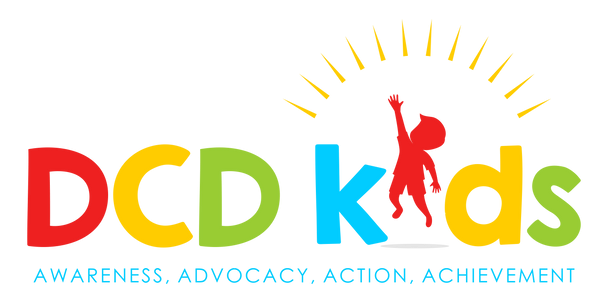


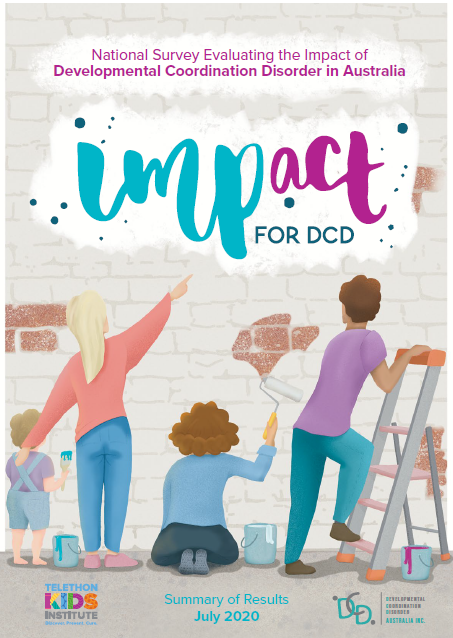

Books for Parents:

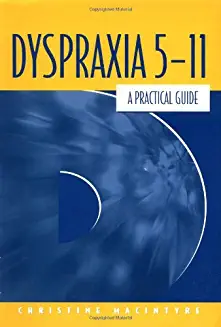
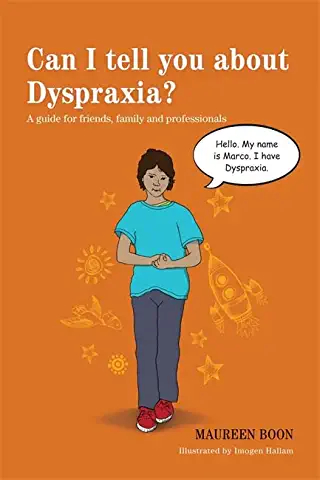
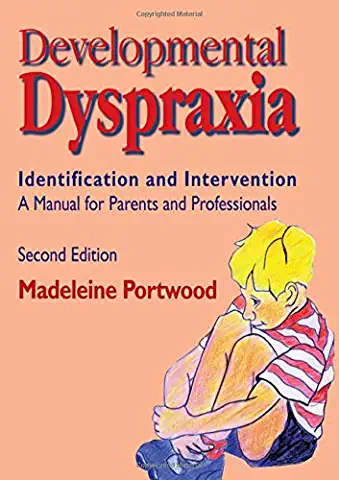
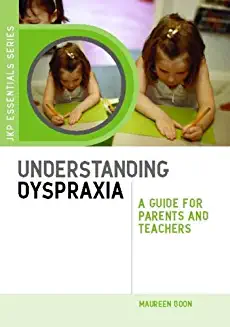
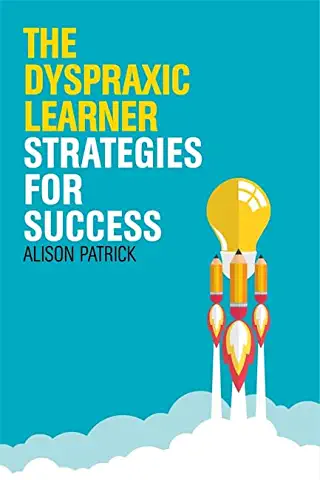
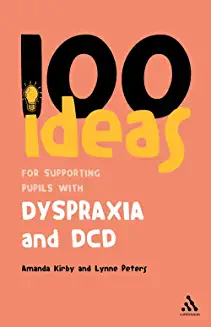
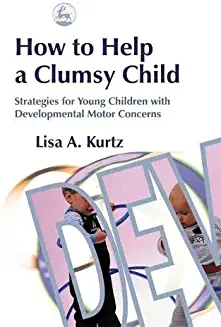
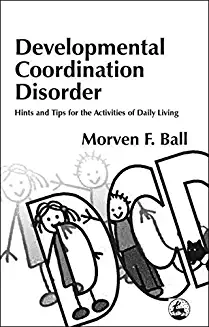
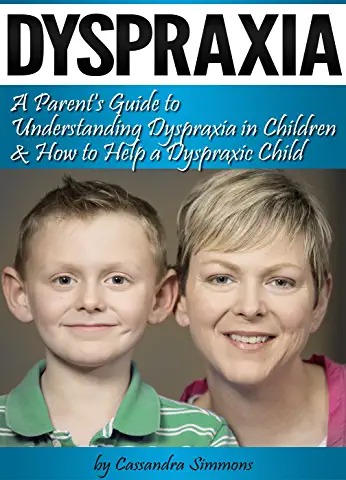
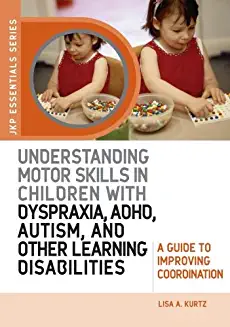
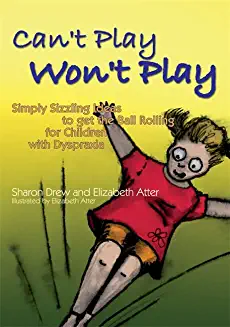
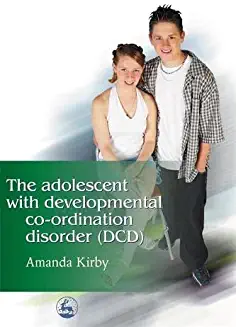
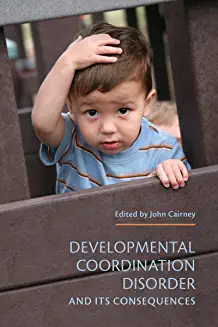
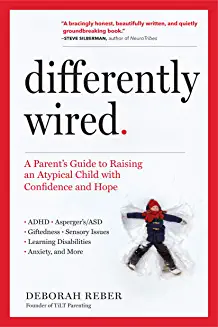
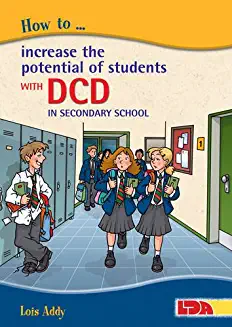
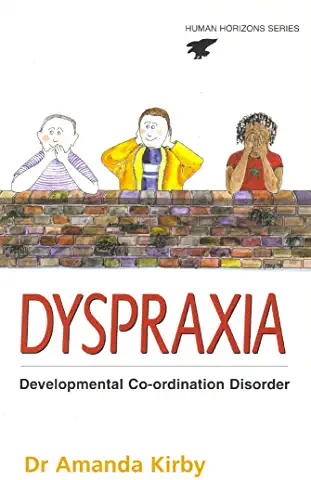
Books for Children:
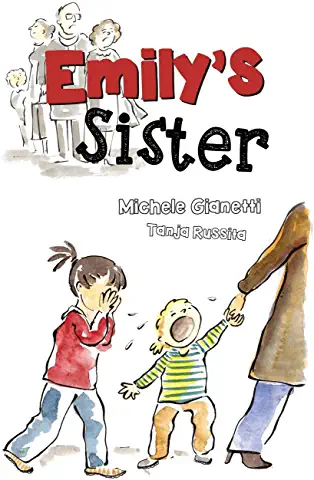
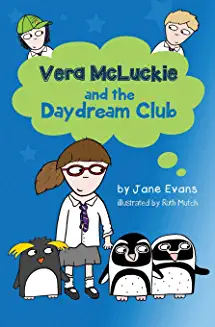
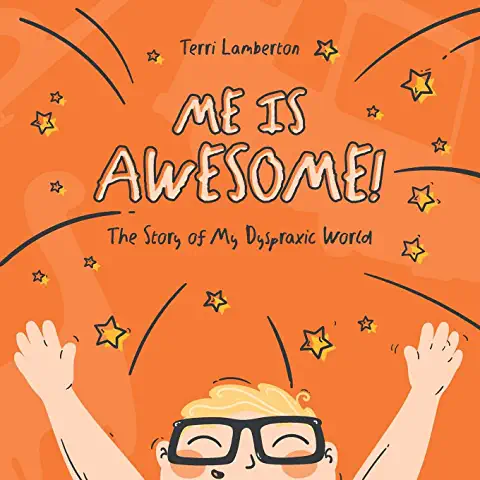

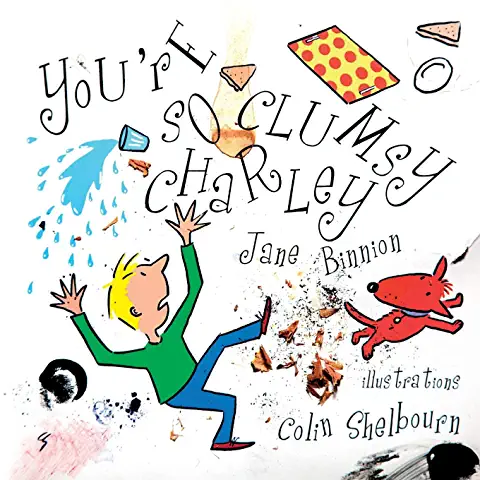
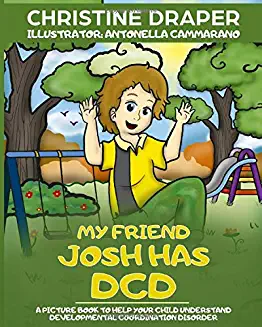
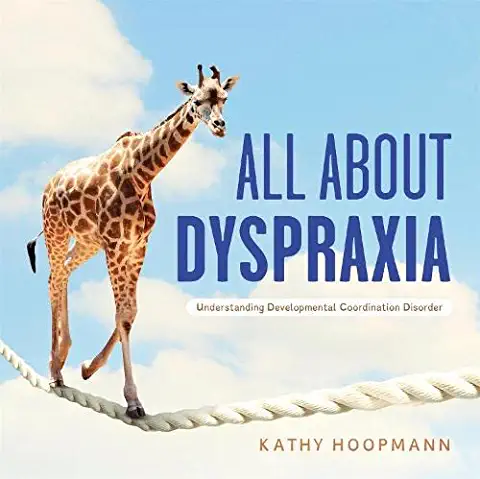
Books for Teens and Young Adults:
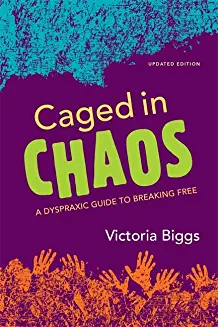
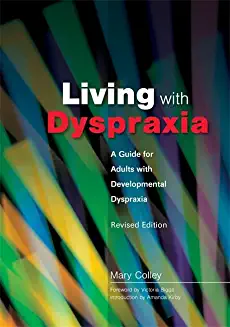
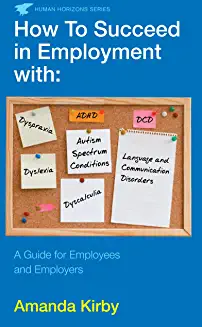
Please visit our Resources page for additional assistance.
This website is not a professional counseling website and nothing here should be construed as professional counseling advice. Although Kimberly Bennett, LPC is a Licensed Professional Counselor, she is not your counselor, and no counselor-client relationship is established unless she has signed an agreement with you. All information provided through this website is for informational and educational purposes only. This post may contain affiliate links. Please read my disclosure statement. Thanks for visiting!

